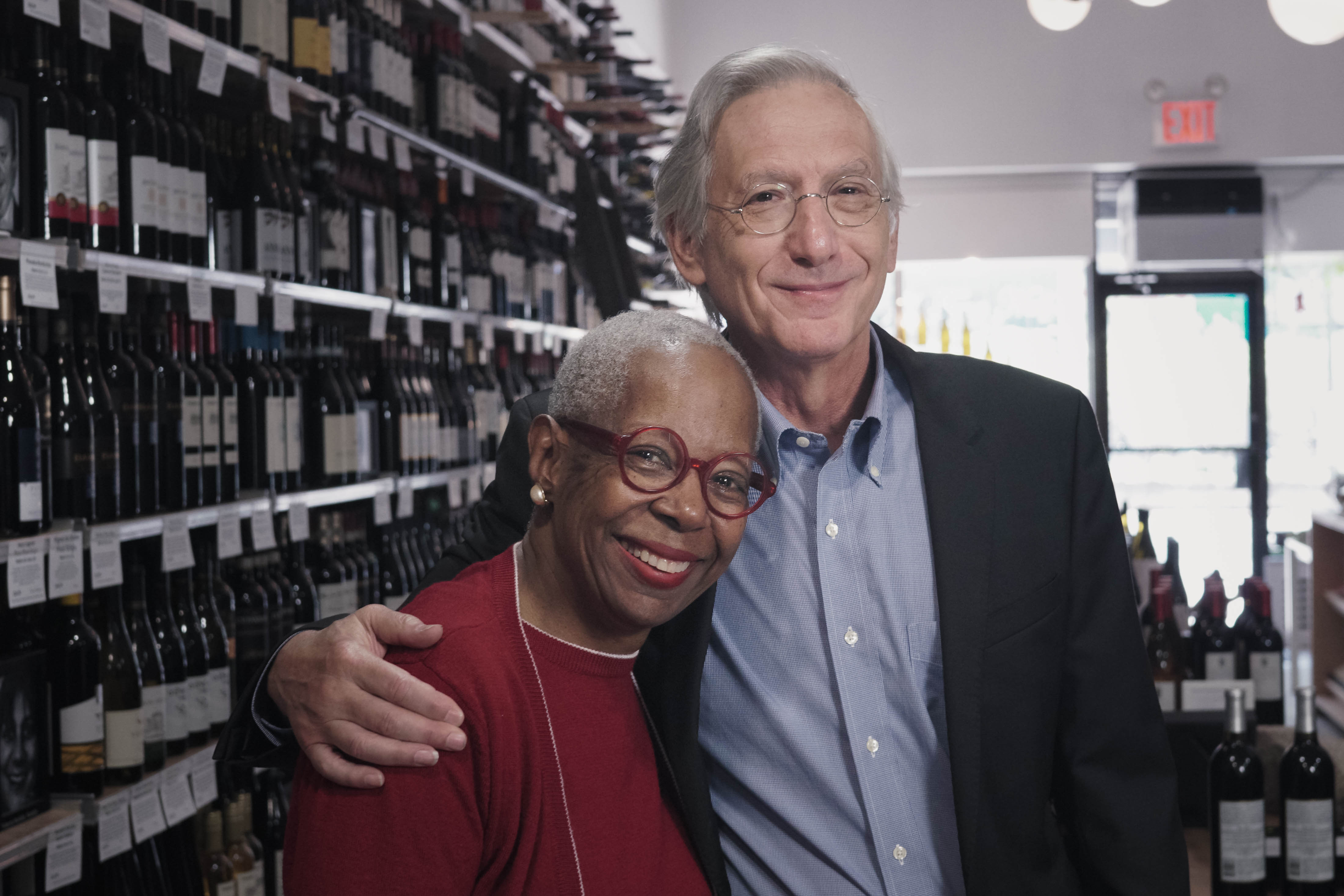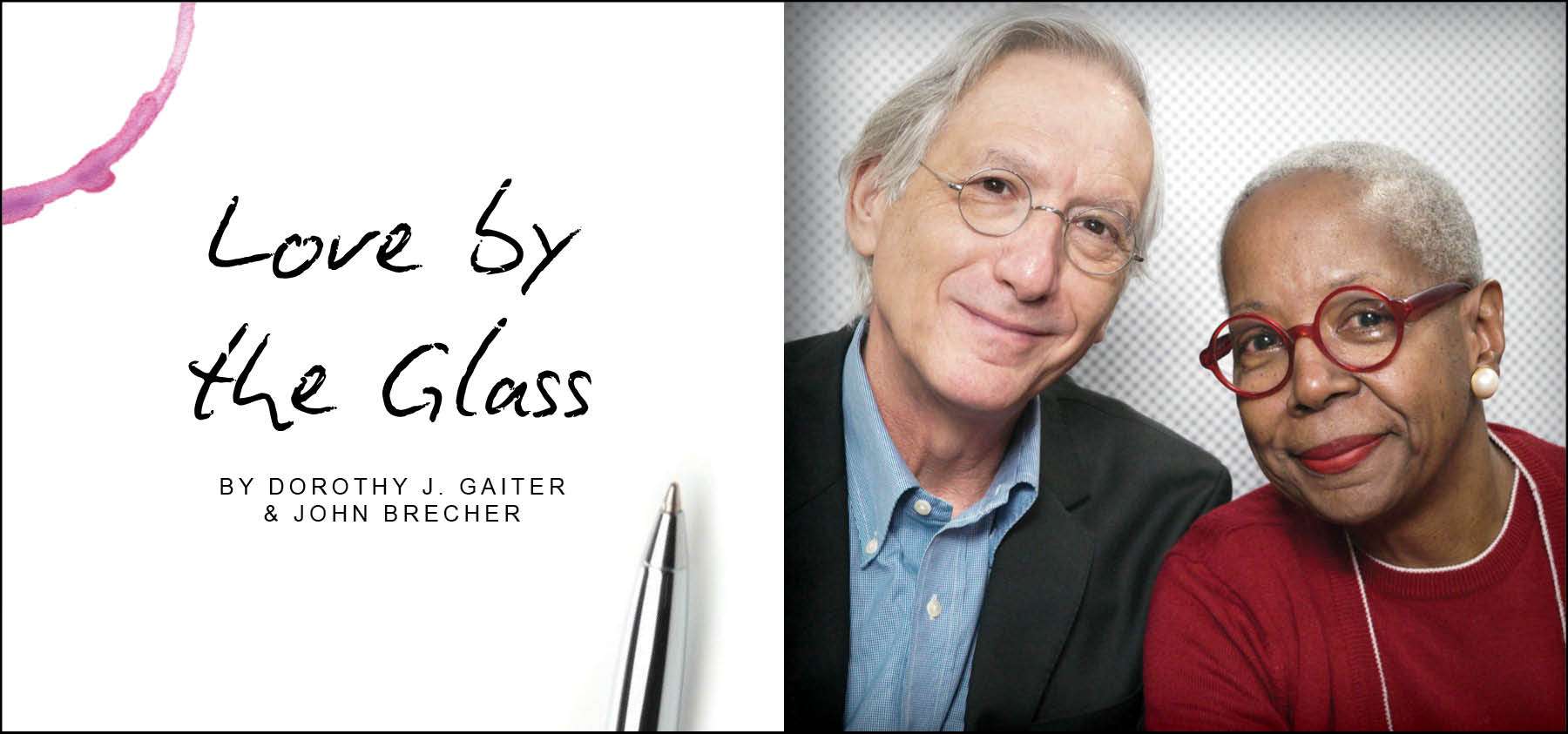
We are big-tent people. Over the almost half century we’ve been enjoying and learning about wine, our goal has been to entice as many people as possible to join us under the tent of wine appreciation. That’s why, instead of sharing a lot of minutia, we write about how we live with wine, from the modest to the majestic, day to day. And we enjoy introducing you to the passionate people who make it. Our hope has been that by relating those things, you will embrace the idea that wine can enrich your life, too, in immeasurable ways.
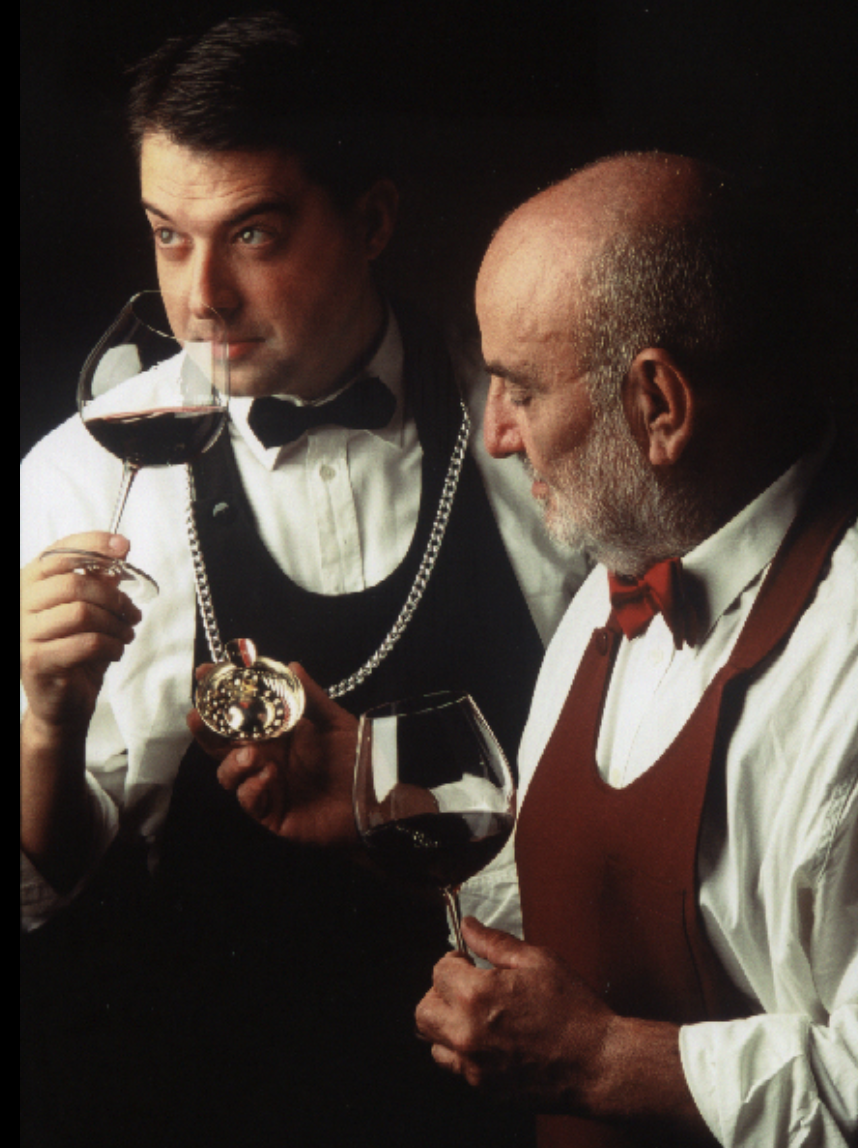 We are writing this column now because we are at a flex point in wine, wine appreciation and wine education. The people who make it and sell it and serve it are struggling for their very survival. It’s terrifying for them and we feel for them. However, if there were ever a time for hard truths to be reckoned with, for introspection, re-evaluation and perhaps renewal, that time is now.
We are writing this column now because we are at a flex point in wine, wine appreciation and wine education. The people who make it and sell it and serve it are struggling for their very survival. It’s terrifying for them and we feel for them. However, if there were ever a time for hard truths to be reckoned with, for introspection, re-evaluation and perhaps renewal, that time is now.
When we were first enjoying and learning about wine in the 1970s, sommeliers at many fine restaurants were White French men, or at least White males who pretended to be French. With tastevins around their necks, their job was to make customers feel stupid, spend more than they planned and drink French wine. Of course, there were exceptions.
We learned as best we could. We joined a nationwide organization, Les Amis du Vin, that offered tastings and winemaker dinners. We had our own vibrant tasting groups. Most important, we found good merchants who introduced us to new wines that we then read about in our ever-growing collection of wine books. And, when we could, we traveled to wine regions. We enjoyed wine more as we learned more about it and we learned more about it as we enjoyed it more; it was a virtuous cycle.
In our mind, a leader of the revolution in wine service and wine appreciation was a young man named Kevin Zraly, the wine director of Windows on the World in New York and a world-class sommelier. He brought passion, knowledge and amazing wines to people who visited Windows from all over the world, as we did first on vacations from Miami in the ’70s, when the three of us were in our twenties. When Windows was destroyed in the terrorist attack on Sept. 11, 2001, it was America’s top-grossing restaurant, with the country’s highest volume of wine sales.
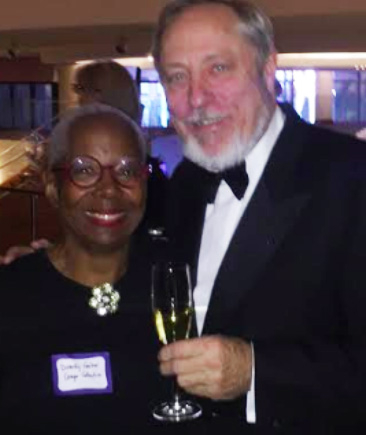 Among wine professionals, Kevin became a kind of Kevin Bacon -- so many people worked with him at Windows that he’s the ultimate six degrees of wine person. He taught thousands more in his classes and reached millions with his books. Kevin has done more than anyone we can think of to democratize wine in the U.S. If you don’t think it needed to be democratized, you’re probably part of the problem the industry faces now.
Among wine professionals, Kevin became a kind of Kevin Bacon -- so many people worked with him at Windows that he’s the ultimate six degrees of wine person. He taught thousands more in his classes and reached millions with his books. Kevin has done more than anyone we can think of to democratize wine in the U.S. If you don’t think it needed to be democratized, you’re probably part of the problem the industry faces now.
(Dorothy J. Gaiter with Kevin Zraly)
Kevin, who remains an educator, touched people in many ways. Wine industry veteran Lee Campbell helped Kevin in his class for free so she could taste the wines. A proponent of natural wines, she has since, among other jobs, been wine director at Andrew Tarlow’s restaurant empire in Brooklyn and worked with the late Joe Dressner, of Louis/Dressner Selections. Laura Maniec took one of Kevin’s classes many years ago and now is a Master Sommelier. Michael Skurnik of Skurnik Wines, an importer and distributor, worked for him at Windows, as did Catherine Fallis, the fifth woman in the world to become a Master Sommelier.
Some of the wine experts we ran across in the ’90s who had formal training were lovely. We believe the first Master of Wine we met was Chris Cree, who was working at a retail store in Manhattan. He couldn’t have been more charming or less snobbish. Later, we got to know America’s first female Master of Wine, Mary Ewing Mulligan, and she’s a delight to share a glass with. Last year, we met Carlton McCoy, one of only three Black Master Sommeliers in the U.S. and now CEO of Heitz Cellar in Napa, and he is inquisitive and fun.
Over the past decade or so, something significant happened. The interest in getting some sort of certification in wine took off, and where there is demand, there is money to be made. Wine “accrediting” programs grew like weeds. They are a big, expanding business now, with chapters all over the country.
Let’s say this plainly and with no caveats: Education is a good thing. Knowledge is a good thing. And there’s certainly nothing wrong with having a degree in anything. Dottie’s father was a university professor, her mother taught kindergarten and her older sister holds a doctorate. John’s older brother had two doctorates.
But when it comes to wine, education should be combined with passion or it can become a lifeless, sad, clinical pursuit, something people treat as though they can check it off as Done!
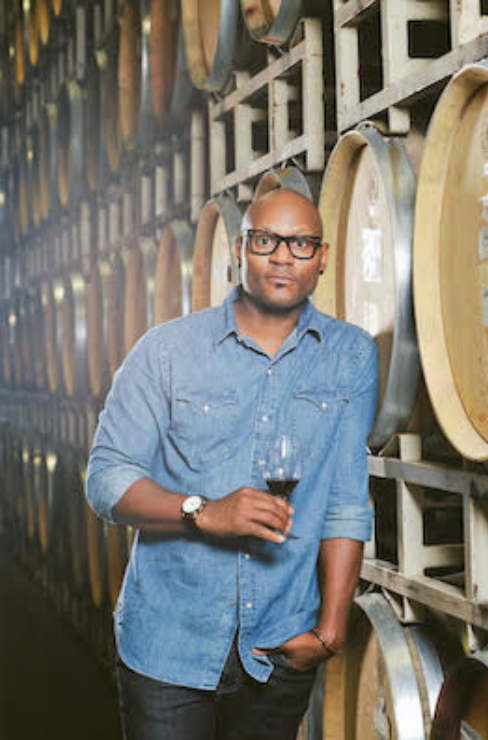 Education undertaken to acquire a job in the wine industry should be combined with passion and a respect for the end consumer. In any customer-facing part of any business, knowledge must be combined with caring about service, truly seeing people and hearing them. Although we haven’t had the pleasure of dining with her at One Market in San Francisco, we can’t wait to meet Tonya Pitts, the wine director there, who has a huge following and whom we’ve come to know virtually. Winemaker André Hueston Mack was good at reading tables at Per Se, where he was head sommelier when we met him almost two decades ago.
Education undertaken to acquire a job in the wine industry should be combined with passion and a respect for the end consumer. In any customer-facing part of any business, knowledge must be combined with caring about service, truly seeing people and hearing them. Although we haven’t had the pleasure of dining with her at One Market in San Francisco, we can’t wait to meet Tonya Pitts, the wine director there, who has a huge following and whom we’ve come to know virtually. Winemaker André Hueston Mack was good at reading tables at Per Se, where he was head sommelier when we met him almost two decades ago.
(Winemaker André Hueston Mack)
It has been a while since we met anyone like that at a restaurant. When we visited some of New York’s most famous restaurants anonymously to experience their wine service while we were at The Wall Street Journal, we were appalled at the factory-line feeling and lack of care. And it’s not just expensive, clubby places. At a Manhattan fish restaurant called Crave Bar three years ago, we ordered a delicious and unusual Savoie and the waiter made fun of us for ordering the cheapest wine on the list. Then the sommelier came over with the bottle, made fun of us, poured it and left, never to return. At another restaurant in our neighborhood, Oxbow Tavern, we never met the sommelier. That’s because the wine list was so overpriced that we drank beer.
We have come across quite a few people with impressive credentials over the past few years – as our sommelier at a restaurant, at tastings, during trade events -- and far too many of them have been full of … themselves. They are almost always young, White men and they seem to revel in speaking only among themselves. They only ask questions of winemakers that will showcase their own superior knowledge – although, again, there are exceptions. We have found many highly credentialed women far more engaging, although some female sommeliers have also been jerks, especially with Dottie. Remember that, in many cases, these professionals are supposed to be selling wine to people in restaurants and retail stores by engaging with them.
When we began writing our wine column for The Wall Street Journal in 1998, wine consumption in the U.S. was still below where it was 20 years earlier. Then it began a gradual rise – until last year, when total wine consumption by volume dropped for the first time since 1994, according to the Journal. (That’s likely to change this year because people are drinking more wine in lockdown, we’ve read.)
The wine industry has many excuses for this: Americans are more health-conscious, young people are drinking hard seltzer, cocktails are popular. To us, those are symptoms of the underlying disease, which is that wine has been moving back to the tastevin age of snobbery, one-upmanship, pretentiousness and exclusivity.
The various accrediting bodies’ lack of outreach to an increasingly diverse population certainly hasn’t helped. For a column we wrote last year about the underrepresentation of blacks in the wine industry, we asked for comments from some of the groups.
A spokesman for the Society of Wine Educators said that although it doesn’t track the race or gender of people seeking its certification, he’d guess the number of Blacks is about two to seven percent, depending on the level of certification. He added, “We believe we are seeing an uptick in African Americans attempting our exams.” A spokeswoman for the New York City-based Sommelier Society of America said its classes were “highly diversified” but that it didn’t have any hard data, either. Ditto WSET, the ubiquitous Wine & Spirit Education Trust.
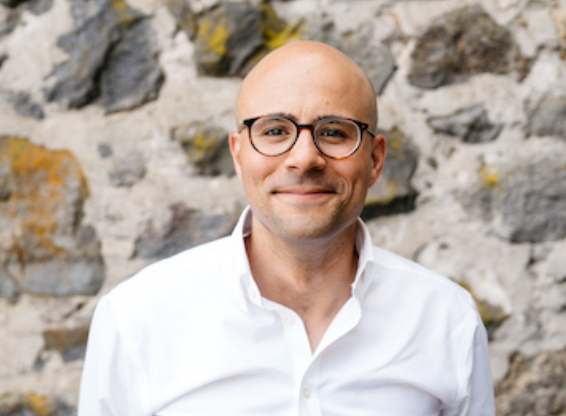 Sometimes even people who excel in these programs don’t feel accepted. “In 2001 when I realized it was something I enjoyed and I wanted to become a certified sommelier, I decided to do my certification with the American Sommelier Association (ASA) through a 16-week course in Vini and Viticulture,” Ian Adrian Nal, a sommelier of Hispanic-Mayan heritage from Belize, wrote to us. Of the 60 students, the majority were White and they ignored the minority students, he said. It was only after he was awarded a prize for the highest score, he wrote, that the White students acknowledged his presence.
Sometimes even people who excel in these programs don’t feel accepted. “In 2001 when I realized it was something I enjoyed and I wanted to become a certified sommelier, I decided to do my certification with the American Sommelier Association (ASA) through a 16-week course in Vini and Viticulture,” Ian Adrian Nal, a sommelier of Hispanic-Mayan heritage from Belize, wrote to us. Of the 60 students, the majority were White and they ignored the minority students, he said. It was only after he was awarded a prize for the highest score, he wrote, that the White students acknowledged his presence.
(Heitz CEO and Master Sommelier Carlton McCoy)
“It was then that I realized that as minorities, we are barely acknowledged and we have to work better and harder than other people to prove ourselves in the beverage industry, especially the wine world. We start off handicapped and we have to work really hard to even be considered in the same playing field as some mediocre sommeliers,” wrote Nal, who got his start at Bambou restaurant, which the New York Times awarded two stars in 1996. He founded Liquid Assets Beverage, a New York-based beverage consultant company.
The gatekeepers of wine have been so resistant to change that more people are just going around them. A group called Wine Empowered is offering tuition-free education for women and minorities.
For minorities and women, especially, certification of some sort can be a valuable piece of the armor they must wear to push open the doors of opportunity. It also serves as some protection from doubters they encounter in their professional world every day, the White diners and shoppers who expect White male wine service (see “Wine Girl” by Victoria James or J’nai Gaither’s essay in VinePair). We get that.
However, some people, with pins and without, weaponize what they know to intimidate people who are less knowledgeable or whom they assume are less knowledgeable. That’s not OK. And it’s also not OK that their employers permit them to continue their bad behavior because it can pay off big-time.
“I’m tired of hospitality people claiming to care about their guests when ultimately they only care about their cis straight White male guests because you think they will buy your thousand dollar bottles of wine,” Miranda Elliot, an Advanced Sommelier with the Court of Master Sommeliers who identifies as queer, wrote in an Instagram post. “I’m tired of feeling like I can’t be my full self in the wine industry.”
Elliot added when we contacted her: “While many of us who have sought out these certifications or degrees value our time there, I think it’s essential, especially for White people like me, to recognize who is not given access or the way these certifications are used as ways to reinforce certain racist, sexist, homophobic, transphobic, and classist ideas of ‘professionalism.’”
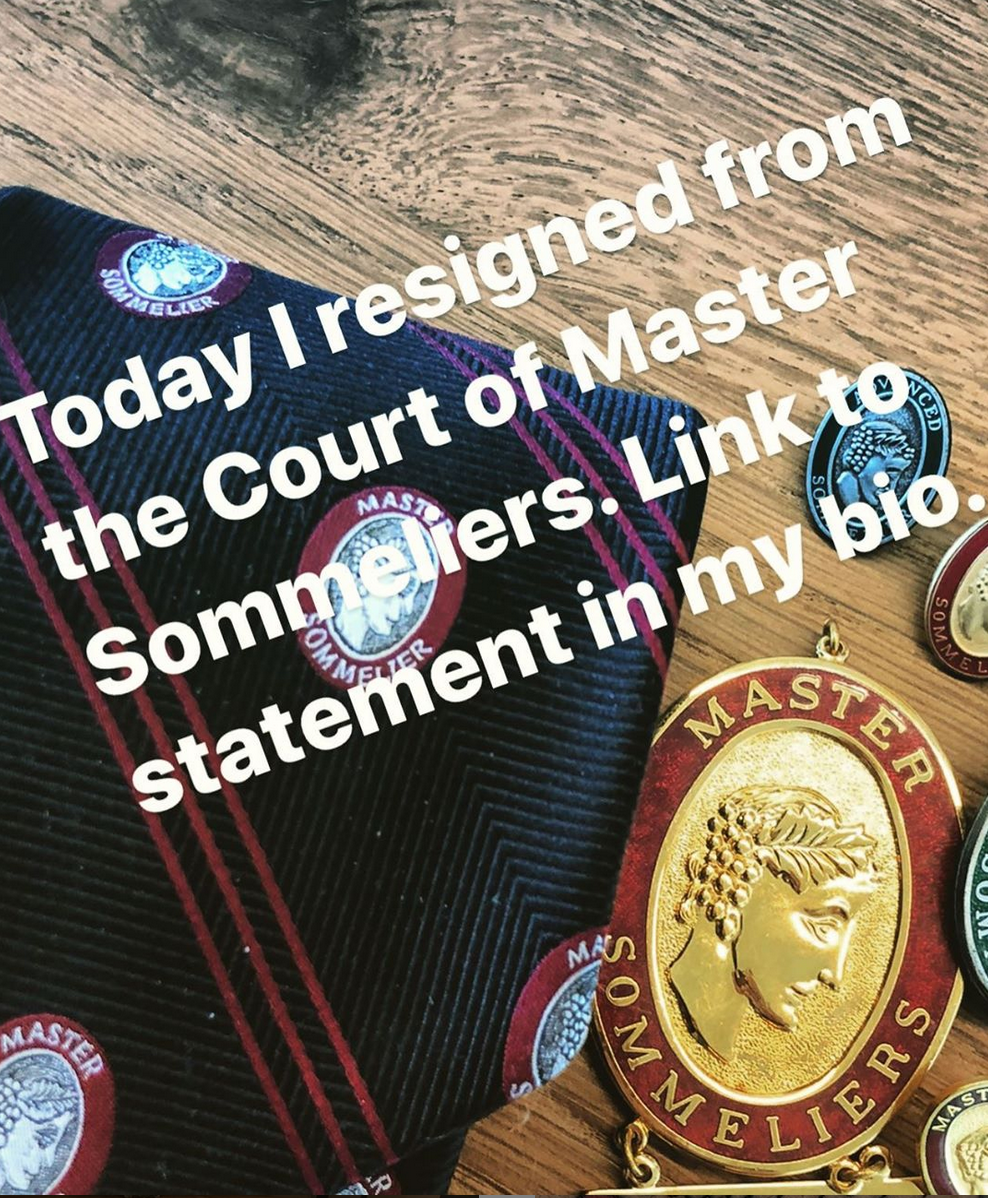 People on the inside are beginning to stir. Master Sommelier Richard Betts, who once served on the board of the Court of Master Sommeliers America, resigned in June. In his letter, he wrote: “By engaging with the CMS I knew I could better serve my guests while also enjoying learning about something I loved. Somewhere in the interceding 17 years, however, this organization has seemingly evolved from an educational one to an elite accrediting one. I find this disturbing.
People on the inside are beginning to stir. Master Sommelier Richard Betts, who once served on the board of the Court of Master Sommeliers America, resigned in June. In his letter, he wrote: “By engaging with the CMS I knew I could better serve my guests while also enjoying learning about something I loved. Somewhere in the interceding 17 years, however, this organization has seemingly evolved from an educational one to an elite accrediting one. I find this disturbing.
“Recently the discourse has been about ‘the pin,’ ‘the credential,’ and I believe this has come at the expense of hospitality and inclusive education. If ‘preserving the integrity’ of some elite credential is the main priority, which in turn leads us to treat our candidates in an unfair manner, then I want no part of it.”
(Instagram post from Richard Betts)
Shortly after, another Master Sommelier, Brian McClintic, resigned. In his letter, he wrote: “As I started to participate as an instructor at all levels, the issues and topics that I began to value in my evolution as a wine professional, issues like environmental awareness, tearing down pretension, cultural institutions of classist behavior, challenging elements of the exam and lecture content, were either divergent with the curriculum or not being heard.”
The Court of Master Sommeliers, under pressure, has appointed a diversity committee on which McCoy of Heitz sits and after a damning video by one of its Black students, sommelier Tahiirah Habibi, it has dropped the practice of forcing students to call teachers and proctors “master.” The term now is Master Sommelier.
Habibi passed the Court’s Level One exam but walked away from the organization and founded the Hue Society to support Black and Brown wine lovers and brands. She, McCoy and Ikimi Dubose, a culinary operations consultant, have created the Roots Fund to provide scholarships, wine education, mentors and job placement to minorities seeking careers in all aspects of the wine business.
The wine industry must wake up to this new world. Because people have been drinking more wine during the pandemic, now is a great time to keep them in the fold. That means offering more carefully curated selections in retail shops. It means offering more welcoming service at restaurants and doing something about unconscionable markups. Sure, sure, we understand that having a fine list, good storage and nice glasses costs money, which is why there is a markup. But there are so many excellent wines at good prices that there’s no reason restaurants cannot offer affordable wines, even with a healthy markup. Diners who have a good wine experience are more likely to have a good overall experience, we’d guess, and tip well.
Let’s say this clearly, too: This is not about “dumbing down” wine. Everyone should be allowed to enjoy wine on any level they like, whether they want to geek out about it or just enjoy a refreshing adult beverage. There should be room in this tent for all of us.
If a sommelier doesn’t treat every customer with respect, the restaurant needs to find someone who does. And restaurants and some diners need to get beyond the idea that a sommelier pin is necessary to provide knowledgeable, passionate, caring service.
The industry must become more inclusive – not just racially, but in every way. “It becomes difficult to imagine being a part of an industry that brings you such joy and pleasure, while simultaneously inflicting so much pain,” McCoy wrote us in an email when we sought his opinion. “To actually discuss all the issues and each part of our industry that has been affected would take many pages and could never simply be comprised into a brief statement as no such statement would ever do justice to the wrongdoing.
“But I do feel strongly that the change can come swiftly. A diverse demographic included in the wine industry can only bring great benefit. It’s my opinion that every industry that has adopted these ideals has grown exponentially and opened up markets that were previously untouchable. While we can’t always depend on industries to embrace change simply because it’s the right thing to do, this evolution in our industry would be easily justified as a substantial business strategy that could render huge revenues."
The business of America is business. With so much upheaval and loss caused by the pandemic, it would be a good thing if every part of the wine industry used this enforced pause to regroup and recover in a way that respects people and honors this gift of the grape. Squeeze in. There’s always room for more in this tent.
Dorothy J. Gaiter and John Brecher conceived and wrote The Wall Street Journal's wine column, "Tastings," from 1998 to 2010. Dorothy and John have been tasting and studying wine since 1973. Dottie has had a distinguished career in journalism as a reporter, editor, columnist and editorial writer at The Miami Herald and The New York Times as well as at The Journal. John was Page One Editor of The Journal, City Editor of The Miami Herald and a senior editor at Bloomberg News. They are well-known from their books and many television appearances, especially on Martha Stewart's show, and as the creators of the annual, international "Open That Bottle Night" celebration of wine and friendship. The first bottle they shared was André Cold Duck. They have two daughters.
Read more from Dorothy J. Gaiter and John Brecher on Grape Collective.
Banner by Piers Parlett
